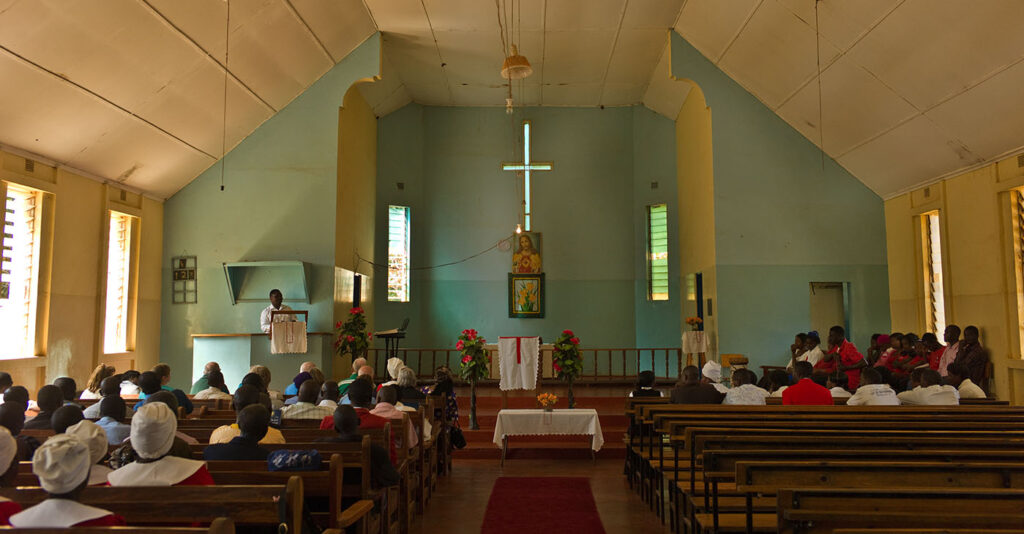[ad_1]
By Lisa Olivia Fitch
If a tsunami happens on the other side of the world, some may be unaware and unaffected. Others may hear the news and be aware of the disaster, but still be unaffected. Still others may be aware and only inconvenienced by the tsunami, cancelling plans to visit that part of the world.
But then there are those affected by the crisis and those who are deeply impacted. Relatives are lost, homes are lost, friends are lost and income is lost. During the coronavirus crisis, essentially everyone in the entire world has been affected.
Blacks in the U.S. have been disproportionately affected during the pandemic. Although African Americans only compose six percent of the population in the state of California, Blacks comprise 10.6 percent of the COVID-19 deaths. This has been attributed to the fact that a number of Blacks have underlying and sometimes untreated conditions such as cardiovascular disease, hypertension and diabetes which compound problems, when paired with the coronavirus.

“Some of us are only two degrees away from a COVID death — we know someone who knows someone,” said Dr. Erica Holmes, executive director of the Champion Counseling Center at Faithful Central Bible Church. “The church is now being called back into the role of meeting the needs of the entire church body.”
During a recent meeting organized by Anchor of Hope Ministries, a local, faith-based nonprofit assisting the formerly incarcerated, Holmes stated that the Black church has historically been centered to meet the community’s needs in a variety of ways.
“Often, Blacks could not access governmental services,” Holmes said. “The church was the entity in the Black community that met the needs of the oppressed.”
After slavery and during the civil rights era and beyond, Black churches gave rise to community businesses, schools, banks insurance companies and the like.
“Black churches were ‘one-stop shops’ because other means of access to community services were off limits,” Holmes said.
Holmes pointed to a recent Pew Research Center study that concluded that Blacks still have close ties to churches, as 47 percent of Black adults surveyed said that they attended religious services, compared to 39 percent of Latins and 34 percent of Whites.
An additional Pew poll showed that 43 percent of Black adults say they look to their religion for guidance on right and wrong.
“It speaks to the power of the pulpit,” Holmes said. “It’s important for the church to have accurate information to keep their congregations safe. How are those individuals who visit the pews one, two or three times a week impacted?”
“They are looking to you to help them understand,” Holmes said. “Maybe they need to hear that the governor of California said it’s not safe yet, so sit back. You must be able to address the realities of life right now.” Holmes also noted a silver lining, in that the crisis brought technology to some churches.
“With this pandemic, there has been a major reorganization, but we must see the opportunities as well,” she said. “Like being able to use things like Zoom, Facebook and telephone tree, where members are calling at least two other members per day. Those people are interacting with people they hadn’t interacted with in the sanctuary.”
Additionally, persons who already had difficulties surviving day-to-day before the crisis, may have those difficulties exacerbated, Holmes explained.
Lisa Olivia Fitch is a writer for Our Weekly News.
“Because their equilibrium is thrown off, they can’t usually find a way of coping and dealing with these new feelings,” she said. “It’s important for us in the faith community to pay attention to things we might see.”
Holmes explained that even though church leaders are not face-to-face with members, they should still be on the watch via phone calls or internet services for any signs of abuse that may be triggered by the current stay-at-home order.
“Does the child have on a turtleneck shirt when it’s 80 degrees outside?” Holmes asked. “Are the parents yelling at the kids in the background? These individuals don’t feel that the safer at home order accurately describes their situation.”
Holmes attends debriefing meetings with the County Department of Public Health each Thursday. The Los Angeles County Department of Public Health has guidelines for faith-based communities at http://ph.lacounty.gov/media/Coronavirus/GuidanceFaithBasedOrgsEnglish.pdf.
Limited attendance at funerals and weddings is allowed following the guidelines. All other in-person gatherings are prohibited. Worship service must be live-streamed, recorded or taped. Baptisms, infant dedications, bar and bat mitzvahs, and confirmations must be postponed. When feasible, ceremonial gatherings can be conducted virtually.
Cemeteries and crematoriums are able to provide direct burials and cremation services but without a gathering of people. Immediate family members who live together and a faith leader may gather in person at a cemetery, but are encouraged to reach out directly to the funeral home to understand specific protocols and whether they provide livestream services. Memorial services should be postponed, and can be scheduled for a later date.
“Faith leaders clearly have a key role to play in offering comfort and care to Los Angeles County at a time when illness, isolation and economic hardship come together to burden so many residents and communities,” the department writes in its “Guidance for Faith-Based Organizations” piece. “We ask for your support and leadership in helping us mitigate those burdens by reducing the spread of COVID-19, assuring optimal care for those who become ill and speeding community recovery.”
Holmes encouraged her fellow church leaders to speak life into the current situation.
“The parishioners need to hear how the church is planning for the future,” Holmes said. “What is our next step? How are we going to address the ‘new normal’ ?”
Lisa Olivia Fitch is a writer for Our Weekly News.
The opinions on this page are those of the writers and not necessarily those of the AFRO. Send letters to The Afro-American • 1531 S. Edgewood St. Baltimore, MD 21227 or fax to 1-877-570-9297 or e-mail to [email protected]
[ad_2]
Source link
